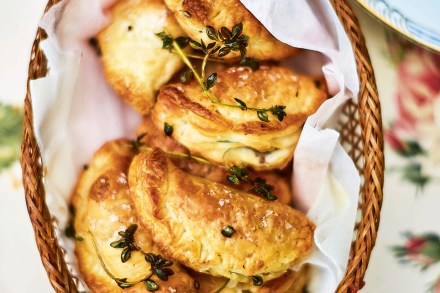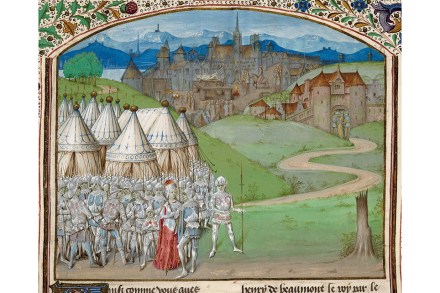Meditations on the sea by ten British artists
More from BooksIt is our ability to see a single thing in various ways that Lily Le Brun celebrates in Looking to Sea: Britain Through the Eyes of its Artists. Over the course of ten chapters dedicated to individual artworks, one for each decade of the past century, she explores our shifting relationship with the shoreline through






























